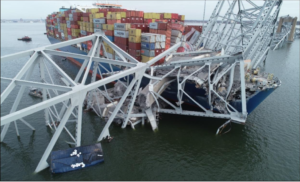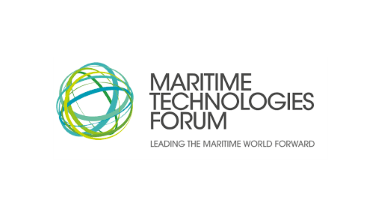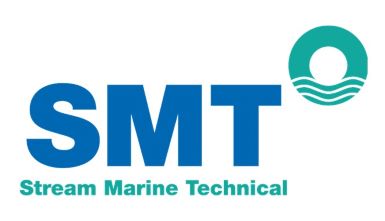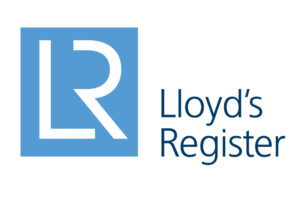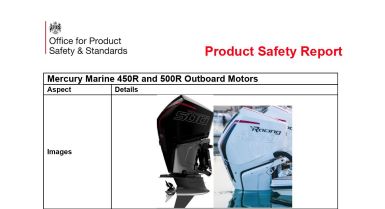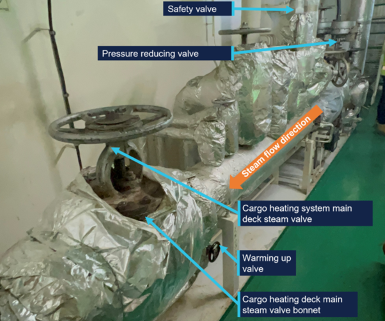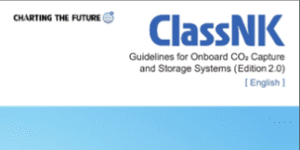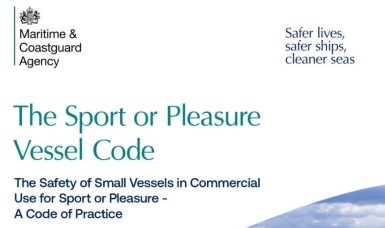
Safety and innovation are at the heart of updated regulations for small commercial vessels used for sport or pleasure that was laid before Parliament on 20 November 2025 with application to be phased in from 12 December 2025 by the UK Maritime and Coastguard Agency (MCA), starting only with new vessels entering either code for the first time.
The new Merchant Shipping (Vessels in Commercial Use for Sport or Pleasure) Regulations 2025 will set clear, pragmatic standards across the sector by underpinning two codes of practice for vessels below and above 24 metres in length. The changes will apply gradually to more vessels as their certificates come up for renewal or within three years, whichever is longer. Continue reading “MCA published its new Sport or Pleasure Code”
